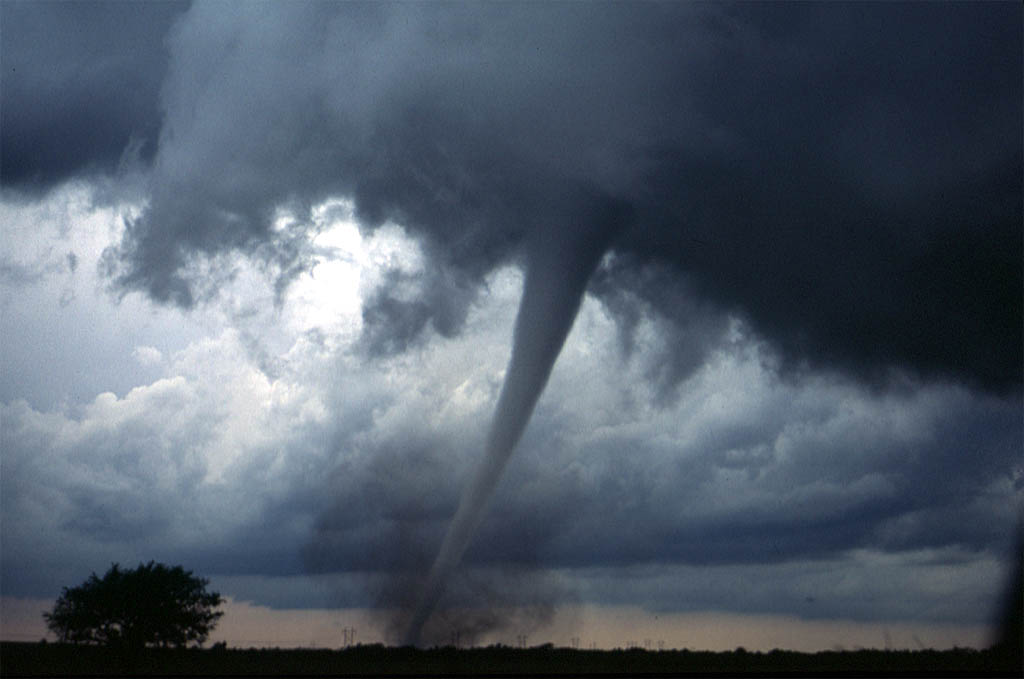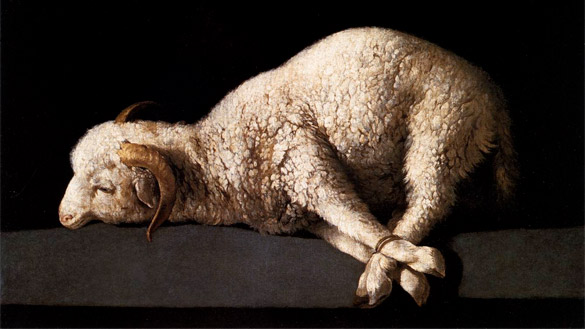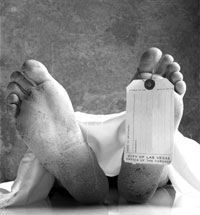God’s response to Jehoshaphat’s desperate prayer was gracious and
powerful. Looking at desperate times through the lens of the king’s example, I
began to see some principles of prayer for the gathering storms ahead.
1. Measure the Storm by the Character and
Promises of God.
Jehoshaphat brought his people together in
grave recognition of the nation’s peril. But then he led them to focus on
Almighty God, claiming His power and promises.
First he focused on God’s
attributes. O Lord, God of our fathers,
are you not the God who is in heaven? You rule over all the kingdoms of the
nations. Power and might are in your hand, and no one can withstand you” (v.
6).
When we gauge the fury of the
storm by the power of Almighty God, the storm is absolutely dwarfed!
Then Jehoshaphat reminded God of
His promises to His people. “O our God,
did you not drive out the inhabitants of this land before your people Israel
and give it forever to the descendants of Abraham your friend? They have lived
in it and have built in it a sanctuary for Your Name, saying, ‘If calamity
comes upon us, whether the sword of judgment, or plague or famine, we will
stand in your presence before this temple that bears your Name and will cry out
to you in our distress, and you will hear us and save us.’” (vv. 7-9).
Jehoshaphat echoed the words of
King Solomon, who prayed to dedicate the temple a century before. The night
after the ceremony, the Lord appeared to Solomon and made a promise that His
people have been claiming ever since. It must have been on Jehoshaphat’s heart
in the middle of the storm:
If
My people, who are called by My name, will humble themselves and pray and seek
my face and turn from their wicked ways, then will I hear from heaven and will
forgive their sin and will heal their land” (2 Chronicles 7:14).
Centering our thoughts and
emotions in the Scriptures will help us pray through the storm. Passages about
His wisdom, power, mercy, faithfulness, and goodness strengthen and equip us to
ride out the storm in confidence.
We may begin with “Have mercy!”
But from there we can learn to proclaim aloud the beauty of His holiness and
the power of His promises.
2.
Demonstrate Helpless Dependence on God.
Judah’s assembly was an eloquent testimony to
their dependence upon the Lord. Whole families stood together, babies in arms,
praying and fasting (cf. v. 13). They
knew God was their only hope. If He
didn’t intervene, they would be destroyed.
Jehoshaphat ended his prayer with
this humble statement: “ . . . we have no
power to face this vast army that is attacking us. We do not know what to do,
but our eyes are upon you” (v. 12).
The storm forces us to this place of
dependence, confessing that nothing else has the slightest chance of saving us.
Not our possessions or our connections, not our personalities or our education.
Not our religion or our luck.
Letting God know we know that He is our
first, last, and only option is a good thing. While it is true that we can pray
from any position, our posture can mirror the attitude of our hearts. Sometimes
I feel the need to pray, flat on my face. Other times standing with hands
raised to heaven. Similarly when we say no to food or to sleep for a time, we
remind ourselves, and God, that we are counting on Him, and Him alone.
Corporate prayer, fasting, and
confession allow us to say, while the storm rages around us, our hope is in
You, Lord. Only You.
For next time: Praying in the Middle of the Storm






































.jpg)




